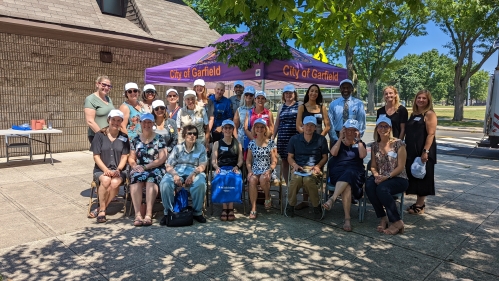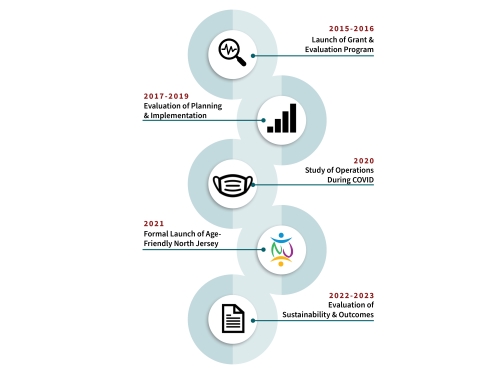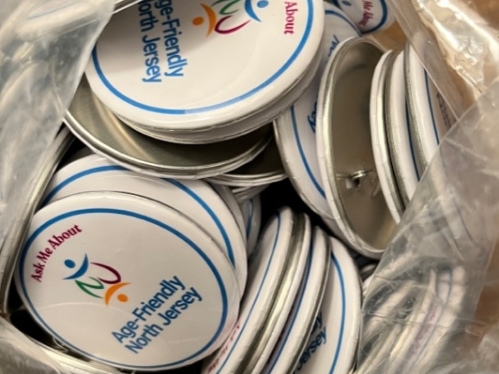A Multi-Year, Collaborative Research Project
The Age-Friendly Research Team began working with communities in northern North Jersey in 2016 when eight communities received funding for age-friendly planning and implementation projects from The Henry and Marilyn Taub Foundation and the Grotta Fund for Older Adults at the Jewish Federation of Greater MetroWest New Jersey.
These philanthropic organizations funded our team to conduct a developmental evaluation of the regional grantmaking program. Developmental evaluation involves studying new program models as they evolve and emerge over time. This type of evaluation draws on action research methods to understand new interventions and contribute to their formative development.
In 2021, our project grew to include new forms of research and practice. We created a new administrative structure called Age-Friendly North Jersey with the two philanthropic organizations. Our team received a grant to co-administer AFNJ while continuing our longitudinal evaluation and research work with the age-friendly community initiatives. As co-administrators, we develop and implement professional development webinars, cultivate leadership among age-friendly leaders, and coordinate state-level age-friendly advocacy.
Our age-friendly research and practice, and relationship with the funders, continues on in new and dynamic ways, exploring pressing issues advancing place-based social innovations for aging.









